
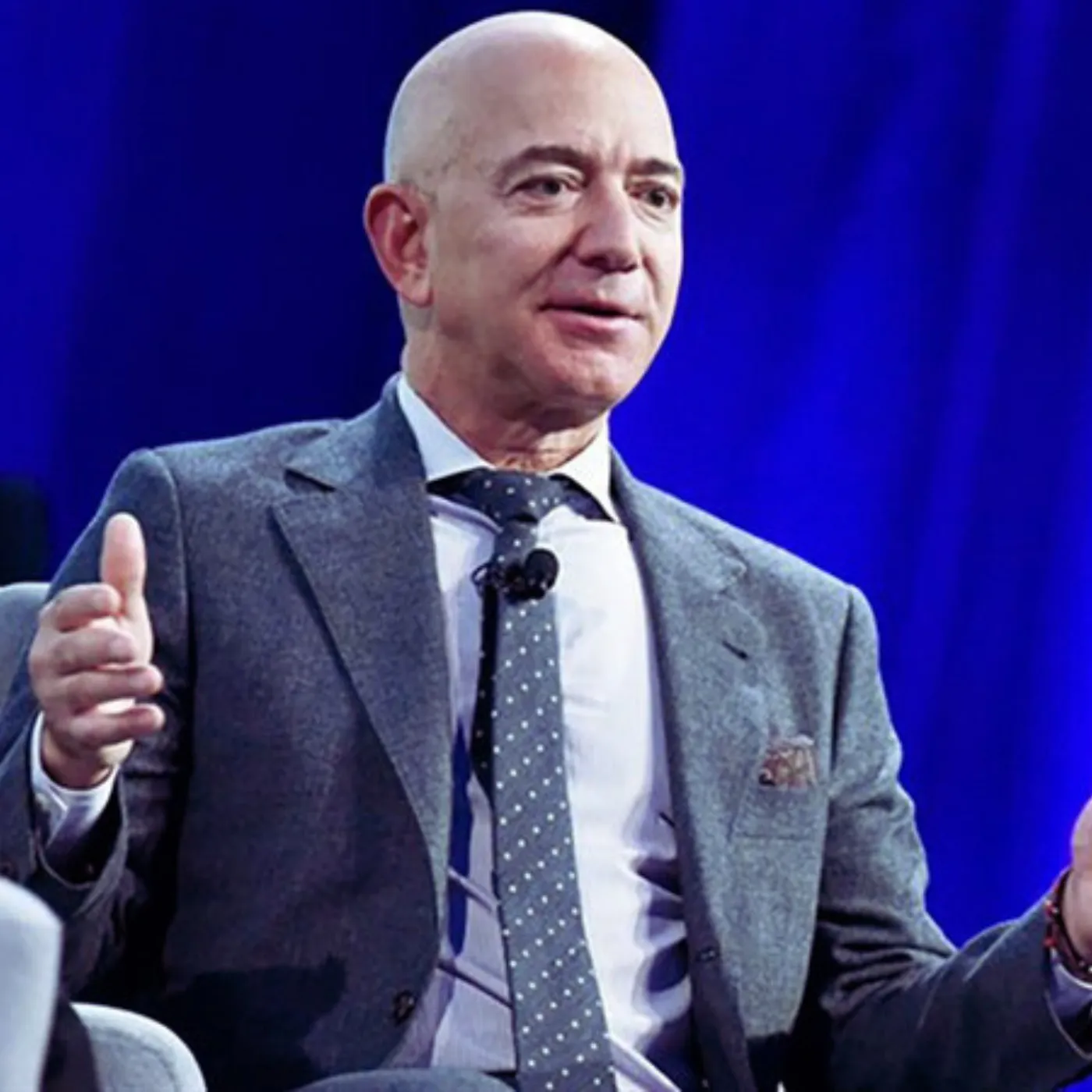
Jeff Bezos Refused a Million-Dollar Salary For One Ruthless Reason
Jeff Bezos, the world’s most influential tech mogul and the mastermind behind Amazon, was once paid just $80,000 a year from the trillion-dollar empire he built. No, that’s not a typo. The man whose net worth has been measured in hundreds of billions decided to give himself a salary smaller than what most corporate engineers earn. And while at first glance it seems like a gesture of modesty or humility, the real reason behind it is far more calculating.

In a world where CEOs routinely rake in millions in base salary, with bonuses that balloon their incomes into the stratosphere, Bezos’s paltry $80K salary stood out — and not in a feel-good kind of way. It raised questions. Why would one of the richest men in history opt to take home a salary smaller than a mid-tier marketing executive? The truth is, the answer reveals a cold-blooded strategy that not only preserved his power but amplified it.
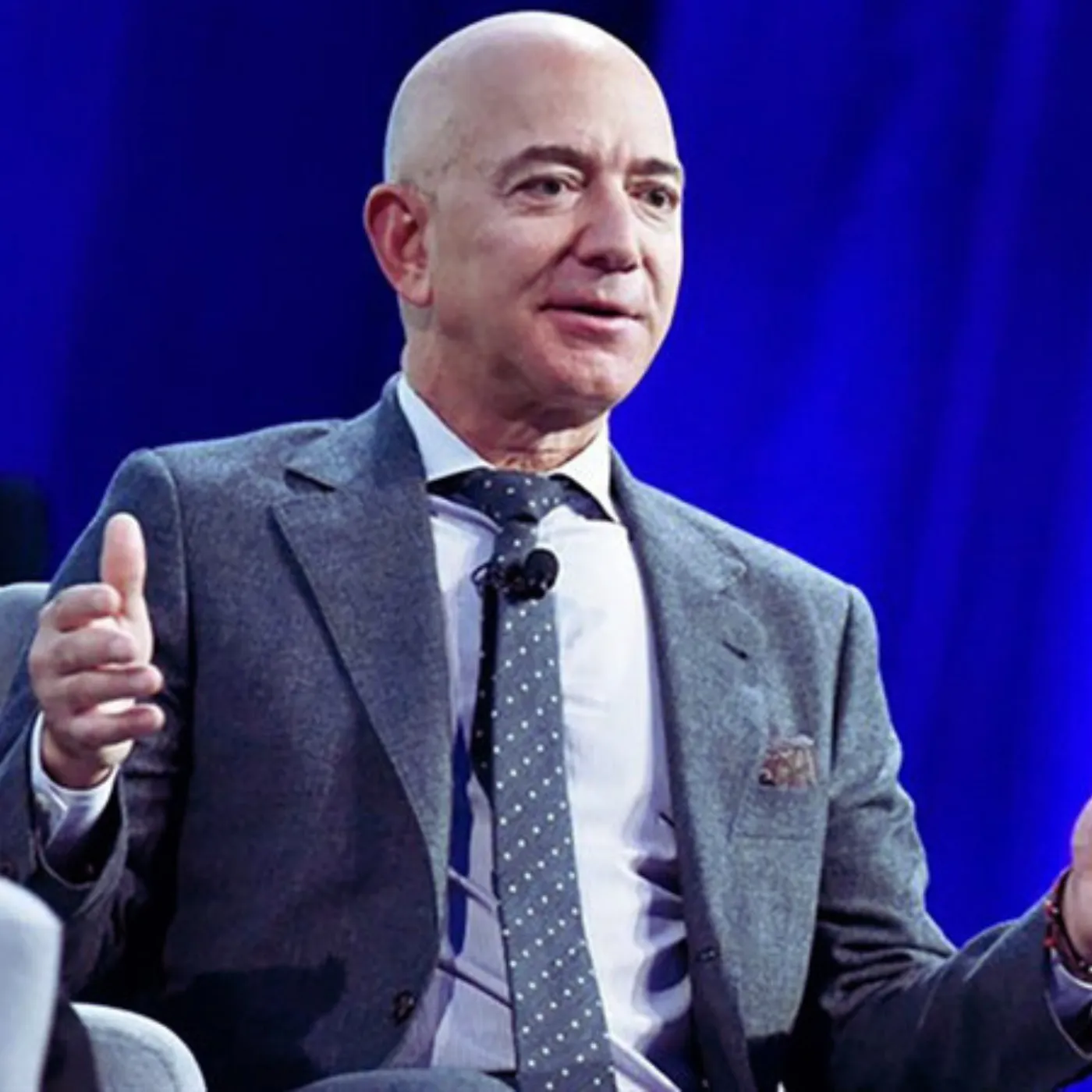
The Myth of Modesty
The public narrative painted Bezos as a man too focused on long-term growth and reinvestment to care about personal wealth. That story was clean. Digestible. A billionaire choosing a “normal” salary? That made for great PR. It fed into the image of the disciplined innovator — the Silicon Valley monk who sacrificed personal luxury for the good of the mission.
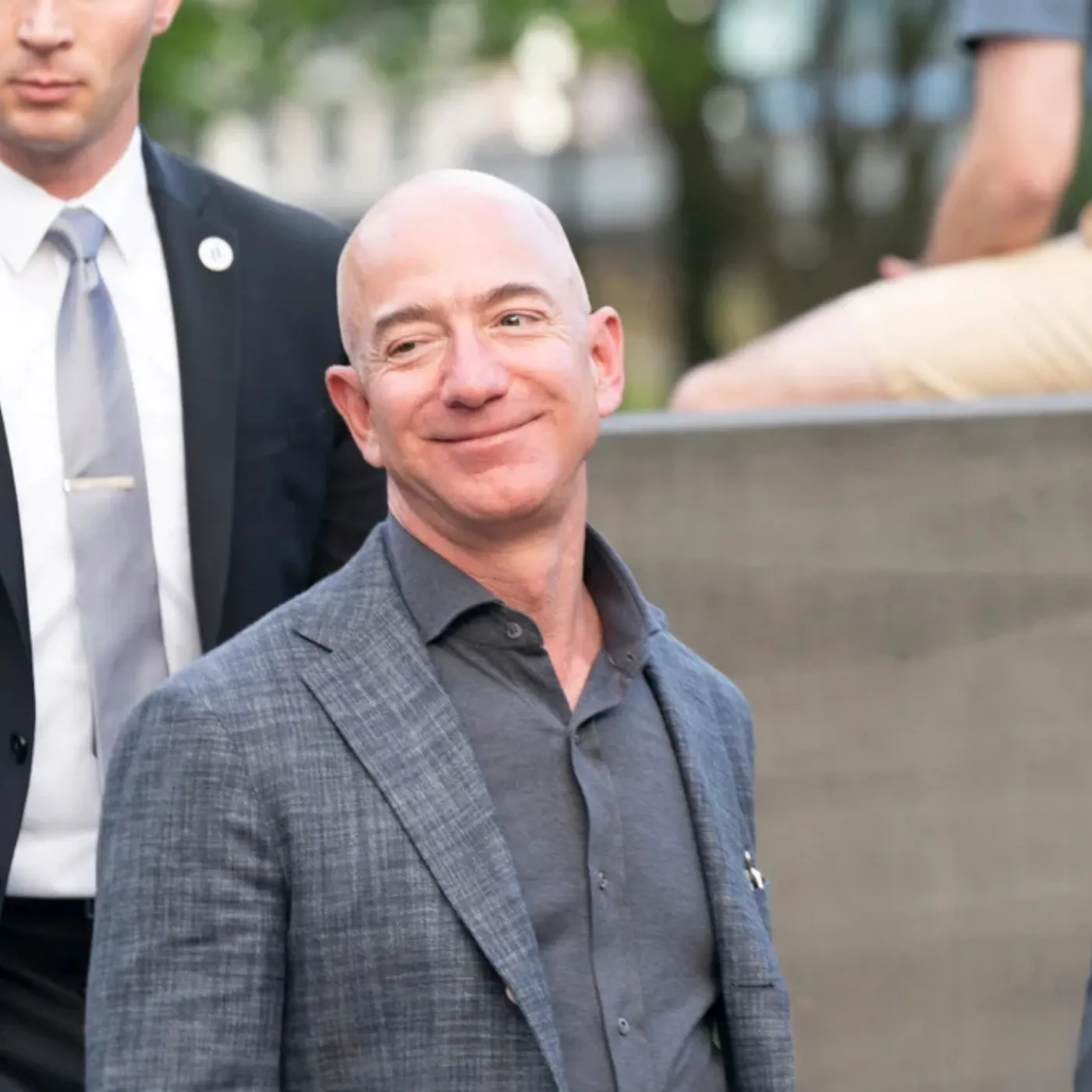
But when you peel back the curtain, a different picture emerges — one that’s less about discipline and more about manipulation of tax systems, public perception, and corporate governance.
The Real Paycheck Was Never on Paper
While Bezos collected just $80,000 per year in official salary from Amazon, that was only a fraction of his real income. The overwhelming majority of his wealth came from Amazon stock, which he held in massive quantities. This setup allowed him to enjoy phenomenal net worth growth without technically receiving “income” — and that’s a key detail.
Capital gains from stock aren’t taxed unless you sell. And Bezos didn’t need to sell — at least not at first. With access to low-interest loans using his stock as collateral, he could live like a king while reporting an income like a pauper. No high salary. No hefty income taxes. No scrutiny from regulators. Just quiet accumulation.
Dodging the IRS — Legally
This move isn’t illegal. In fact, it’s a playbook shared by several elite billionaires. But what makes Bezos’s version especially cunning is how he turned the optics in his favor. While the working class pays income tax on every dollar earned, Bezos reported a salary less than what a Starbucks district manager makes, effectively minimizing his tax liability while maintaining unfathomable economic power.
It’s a loophole — and Bezos didn’t just walk through it. He ran.
He publicly supported causes like education and climate change while strategically avoiding contributions to the public fund that supports those exact needs. Critics saw this as the height of hypocrisy. But defenders claimed he was simply playing by the rules of the system he didn’t create. Either way, the damage to public trust was undeniable.
The Power of Perception
While $80,000 is a lot for most Americans, for a man who made more than that every few minutes from stock value growth, it was essentially symbolic. But the symbolism was weaponized.
By maintaining a low salary, Bezos projected a lean, efficiency-first image that Wall Street ate up. He sent a signal: “I’m not here to extract money from Amazon. I’m here to build.” Investors loved it. The public? Mixed emotions. To some, he looked noble. To others, manipulative and exploitative.
Still, he won. Amazon stock soared. His influence grew. Media coverage, even when critical, only added to the mystique.
Controlling the Narrative
Here’s where the true genius lies. By keeping his salary low, Bezos distanced himself from the outrage cycle that often surrounds CEO compensation. When companies like Disney or Goldman Sachs awarded their executives tens of millions, public backlash followed. Not Bezos. He wasn’t seen cashing giant paychecks, so he remained immune to public salary shaming.
But again, that immunity was engineered. His compensation came disguised in market language, wrapped in the legitimacy of shareholder value.
Why $80,000 Was More Than Enough
Bezos’s life didn’t resemble anyone earning $80,000. He flew private, bought a $500 million yacht, purchased a $165 million Beverly Hills mansion, and became the poster child for ultra-luxury living. But thanks to clever compensation structuring, it all appeared detached from Amazon’s payroll.
While ordinary Americans live paycheck to paycheck, Bezos structured his life so that his true “paycheck” came from appreciation — not employment.
This is why critics, economists, and activists call this model dangerous. Because it means a billionaire can grow richer without technically earning a penny, and without contributing their fair share back to the public systems that enabled their success.
When the Numbers Don’t Tell the Truth
Let’s break it down:
-
$80,000 salary = Less than 0.0001% of Bezos’s net worth.
-
Amazon stock gains (from 1997–2020) = Over $180 billion in personal wealth.
-
Federal income tax paid (as leaked by ProPublica) = Sometimes less than a schoolteacher.
If that doesn’t scream broken system, what does?
The Legacy of the $80,000 Myth
Jeff Bezos has since stepped down as Amazon CEO, but the $80,000 salary legend lives on. It’s become part of Silicon Valley folklore. To some, it’s a lesson in humility. To others, it’s a reminder of how billionaires rewrite rules in their favor.
Even after his resignation, Bezos’s net worth continues to skyrocket, fueled by stock holdings and corporate influence. His leadership may have evolved, but the tools he used — optics, loopholes, and perception manipulation — remain as powerful as ever.
The Cold Truth Behind the Warm Narrative
At the end of the day, Jeff Bezos didn’t take a small salary because he “didn’t need the money.” He did it because it was the most efficient and least controversial way to grow his empire.
It wasn’t about modesty. It wasn’t about setting an example. It was about control.
Control over perception.
Control over tax exposure.
Control over the game itself.
Bezos didn’t just play the game. He quietly rewrote the rules — and let everyone else believe he was being humble.
Conclusion
The $80,000 salary was never just a number. It was a narrative. A mask. A tool. And while the public debated whether Jeff Bezos was generous or greedy, he stayed focused on the one thing that mattered — power.
Power, not through headlines.
Not through bonuses.
But through ownership, silence, and strategy.
And in that silence, while the rest of us applauded or criticized, Bezos quietly became unstoppable.






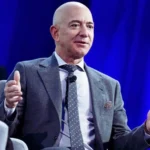

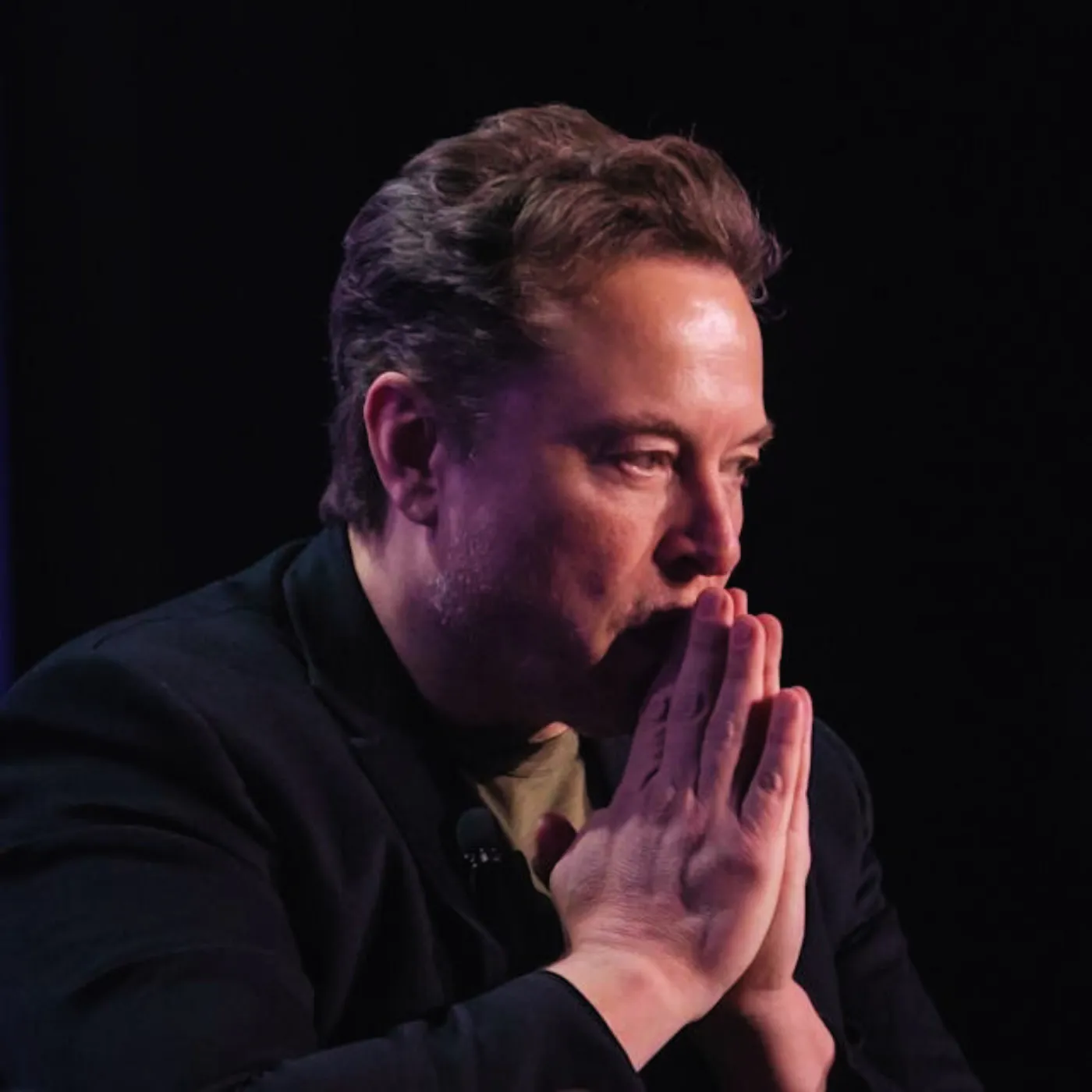
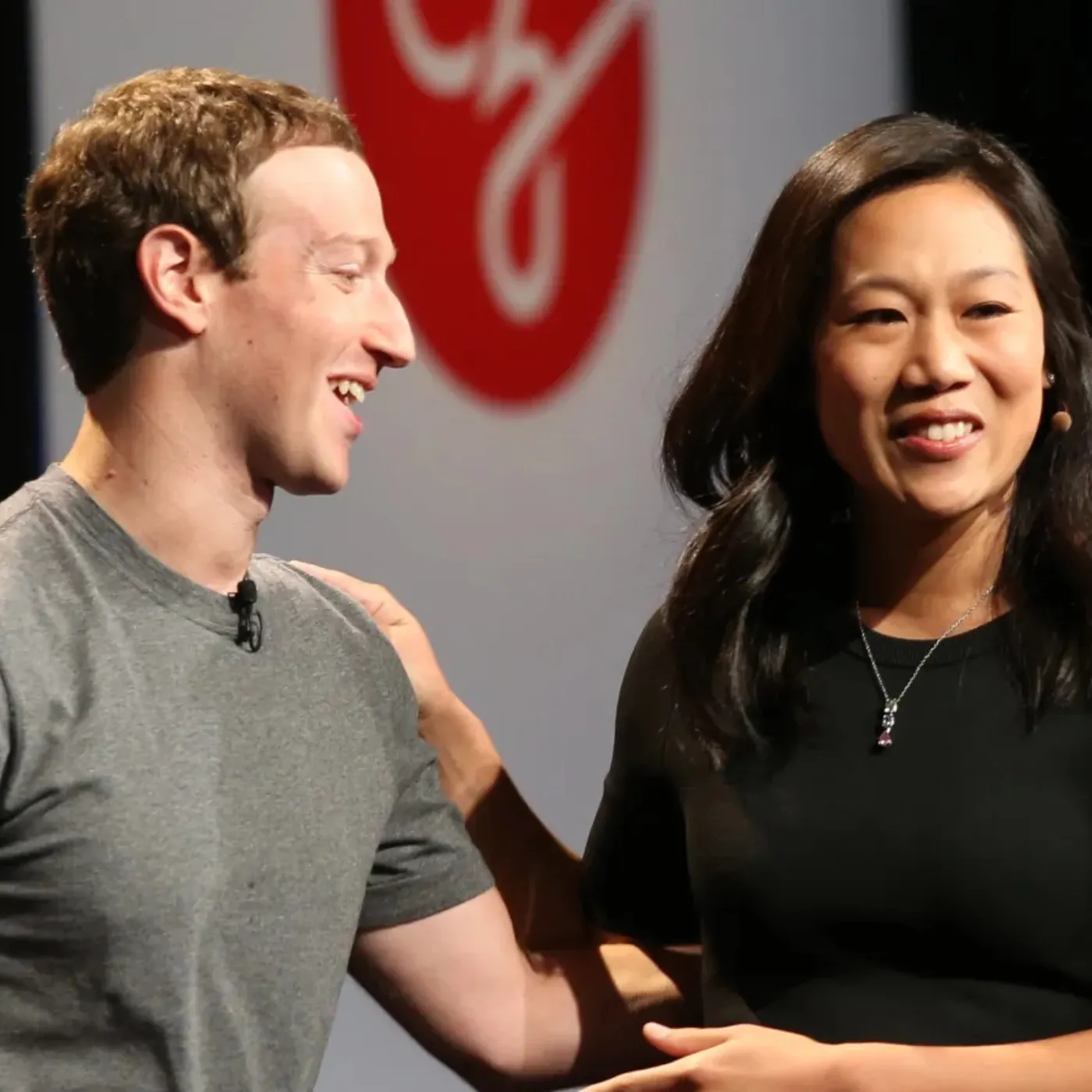
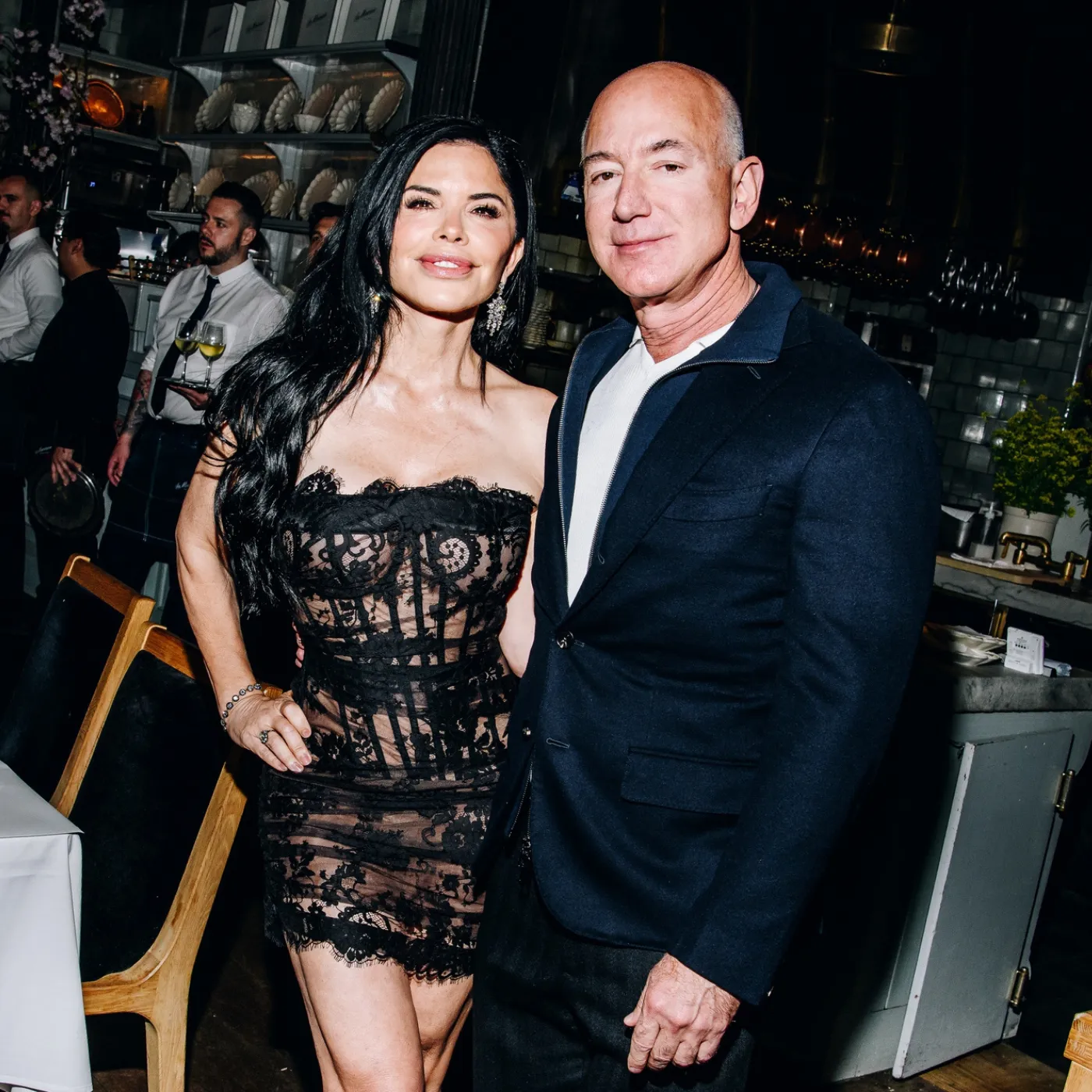








Post Comment